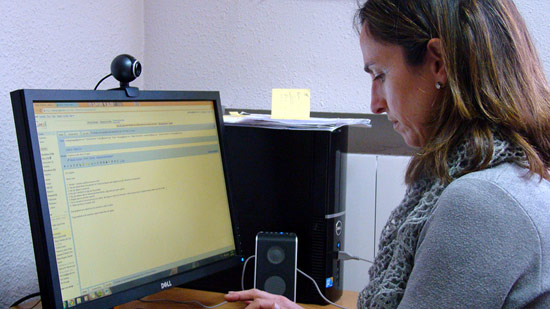Life Stages: Work and Professional Life
The minimum legal age for employment in Spain is 16, when compulsory education is complete. Businesses and offices are open six days a week from 8:30 a.m. to 1:30 p.m., followed by a break for the midday meal and a siesta at home, and then from 5 to 8 p.m.
In urban areas, work timings are more stringent, and businesses stay open all day or have a shorter meal break. Banks are open from 8:30 a.m. to 2 p.m. Monday through Friday. Practically all commerce is closed by 10 p.m. apart from bars and restaurants. Business is very slow in July and August, when many people go on vacation.
The unemployment rate in Spain has been extremely high and often in the double digits. There is also a significant amount of underemployment in which people cannot find full-time work or positions commensurate with their level of education or training. Over a quarter of people have left their home region to find employment.
Once employed, only about a third stay in their positions throughout their careers. The majority, especially middle-aged workers in the private sector and semi-skilled laborers, seek higher pay and better prospects by changing jobs. The unemployed are required to register at the local unemployment office.
Women in the Workplace
Traditionally, women were restricted from working outside the home, but now they can be seen working in almost all sectors and comprise one-third of all entrepreneurs. Men still dominate senior management posts and earn 20 percent more than women. Working mothers are far more likely to be temporary workers. Female professionals are relatively rare but are increasing in number. Obstacles to female participation in employment include high levels of unemployment and the difficulty of reconciling work and personal life.
Despite the fact that more women work outside the home, they still bear the lion’s share of the family workload and remain the primary care providers for their children. Maternity and paternity leaves are available and help parents adjust after the birth of a child. Grandparents, relatives, and family friends look after the children of working women while they are at work. In urban areas affluent parents pay heavy fees to professional or private day care centers to look after their children while they are at work.
Retirement
The retirement age for men and women in Spain was set at 65; however, it is set to gradually increase due to reforms aimed at sustaining the pension system. The retirement age is scheduled to reach 67 years by 2027. However, people who have contributed to the social security system for at least 38 years and six months can still retire at 65. These changes reflect broader trends across Europe, where many countries are adjusting retirement ages in response to longer life expectancies and demographic shifts.
Copyright © 1993—2025 World Trade Press. All rights reserved.

 Spain
Spain 
